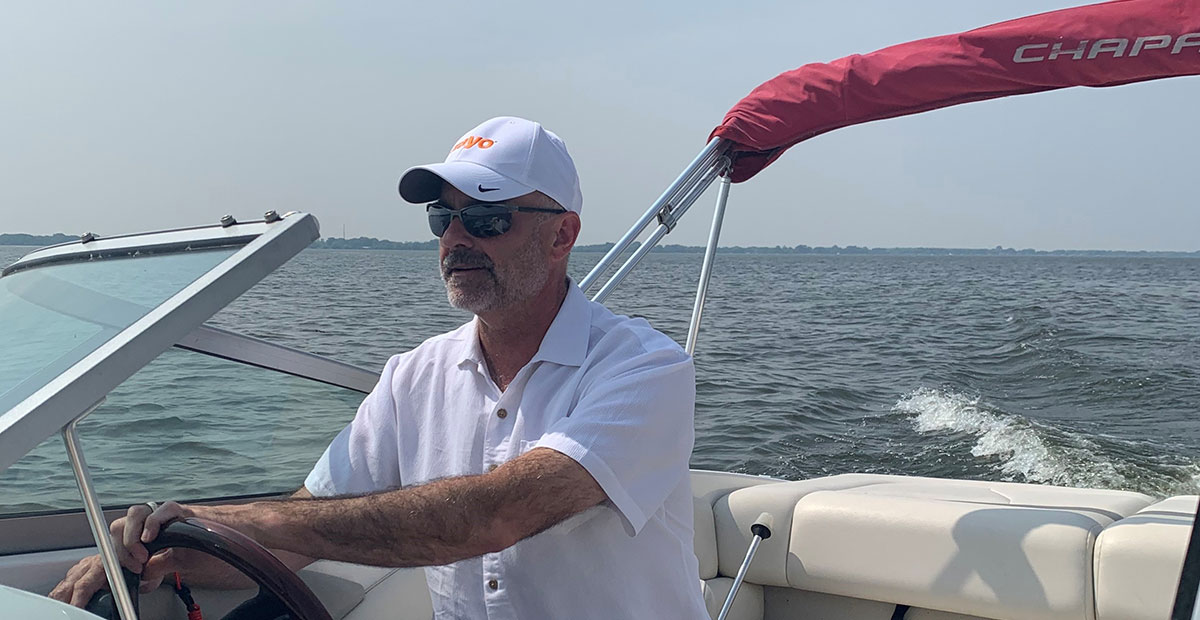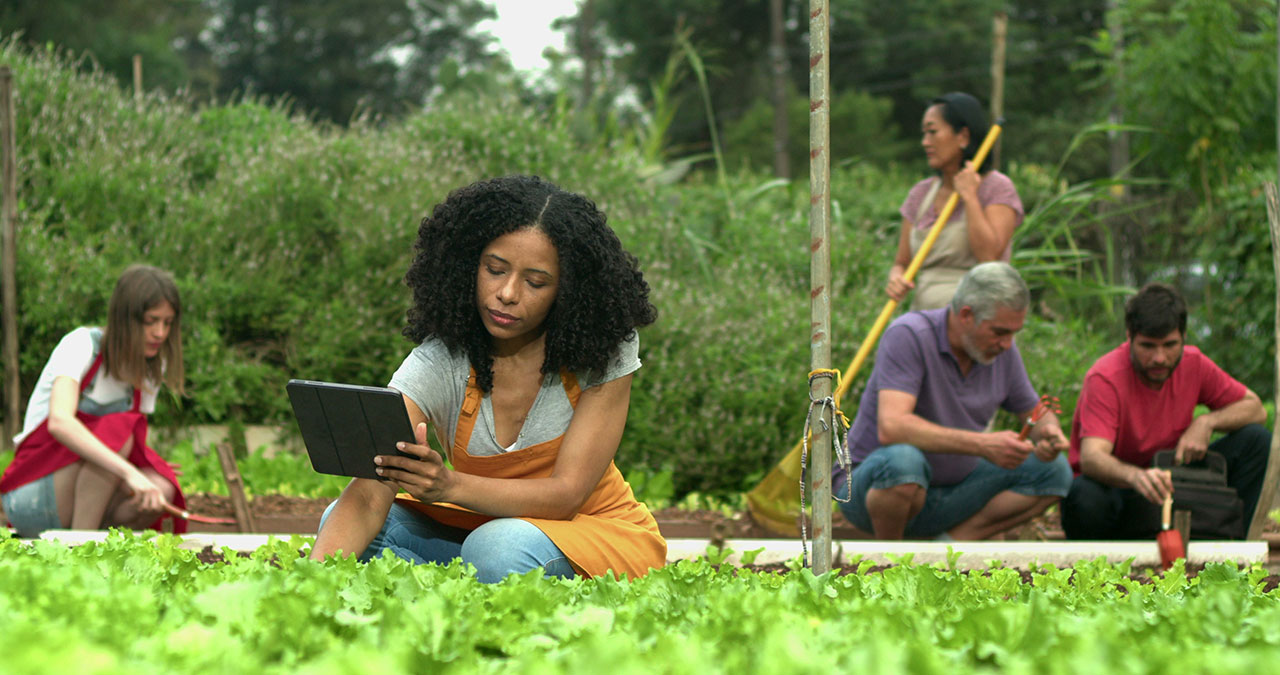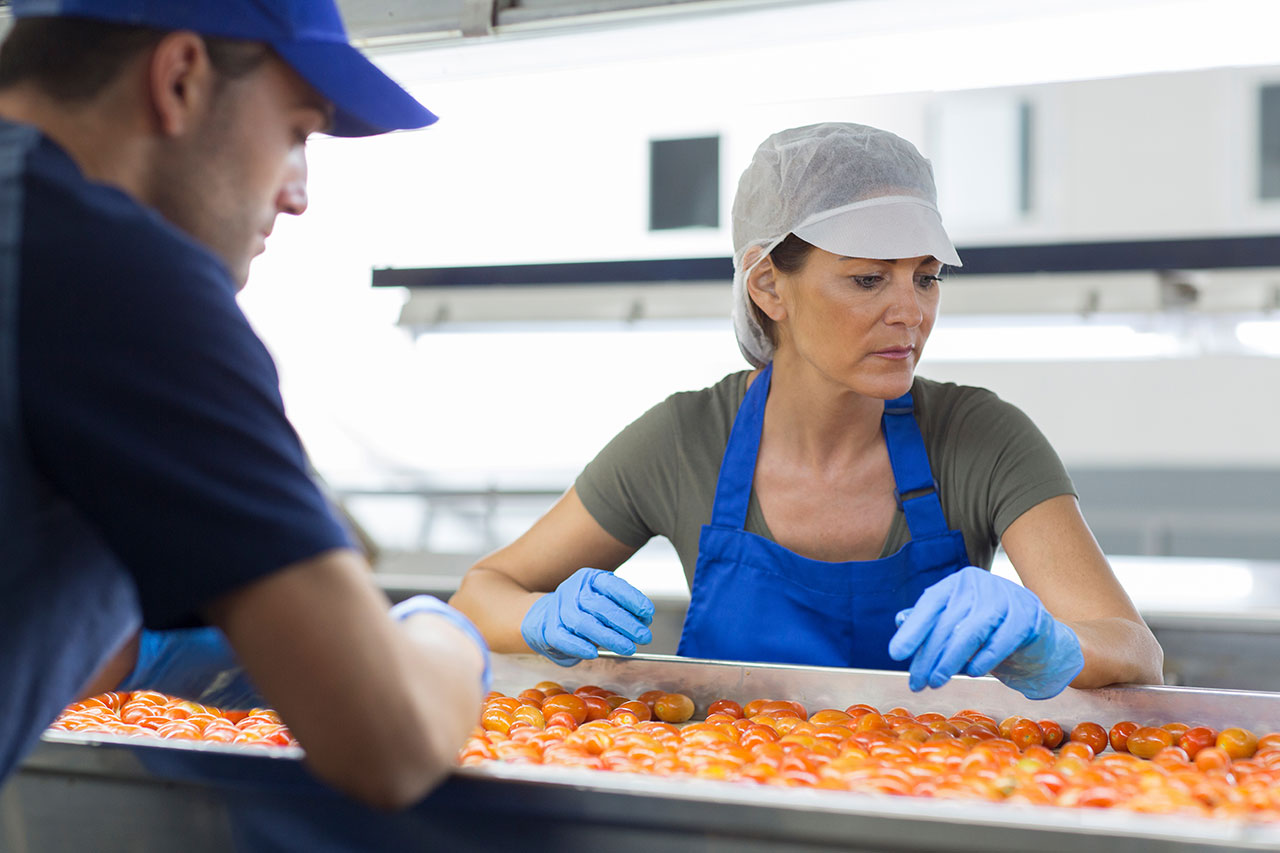Launching initiatives to meet rural Wisconsin’s needs
Danielle Jones is enthralled by the state’s small, rural communities
Danielle Jones has lived in cities around the U.S. and in Europe, but it wasn’t until she came to Wisconsin that she felt she was home.
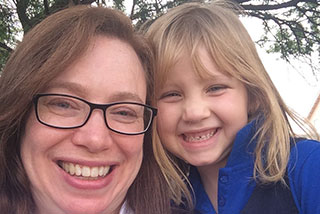 “There is something about Wisconsin that is kind of magical,” she said. “It can be the view of the landscape or someone I’ve met. I was at a meeting in northern Wisconsin and walked into a restaurant to meet someone for dinner and the person saw me, spun around and gave me a big ‘hello,’ like he’d known me all his life. You can go anywhere in rural Wisconsin and this is how you’re greeted. I love that,” she said.
“There is something about Wisconsin that is kind of magical,” she said. “It can be the view of the landscape or someone I’ve met. I was at a meeting in northern Wisconsin and walked into a restaurant to meet someone for dinner and the person saw me, spun around and gave me a big ‘hello,’ like he’d known me all his life. You can go anywhere in rural Wisconsin and this is how you’re greeted. I love that,” she said.
Danielle is completely enamored with Wisconsin’s small towns—a revelation that has come about as she has traveled around rural Wisconsin for her job with the Wisconsin Economic Development Corporation.
“What’s been surprising to me is how many places in rural Wisconsin where I have said, ‘Oh, I want to live here,’” she says. “I will pull into a community, or will be driving there, and will feel the connection. Recently, I was in one community up north and fell in love with it. But last year, there were two other communities I felt the same way about. Some of these places, I say, ‘Wow, I can see myself living here.’”
She even has a favorite strip mall in rural Wisconsin. She wouldn’t give the location, not wanting to slight the others, but gave a few hints: The mall is in the Northwoods; it has a rustic, pioneer appeal; and it fronts a “very picturesque bluff.”
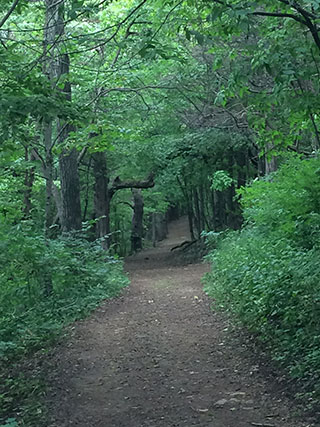 Danielle was born in northern California and because of her father’s military career, she and her family moved quite a bit, living in places as diverse as Arizona and Germany. Later, she lived in Arkansas. Now, her home is in Middleton, only a mile or so from rural Wisconsin.
Danielle was born in northern California and because of her father’s military career, she and her family moved quite a bit, living in places as diverse as Arizona and Germany. Later, she lived in Arkansas. Now, her home is in Middleton, only a mile or so from rural Wisconsin.
Moving around “really made me open to different people, different perspectives and different viewpoints,” she said. “I’ve always tried to see the other side.”
Danielle has had her own military experience, too, as a member of the Wisconsin Army National Guard. “I have a reverence for our service members across every branch,” she says. “They are ready to stand up every day to defend our country.” She notes that military bases such as Volk Field, near Camp Douglas; Truax Field, in Madison; General Mitchell International Airport, in Milwaukee; and Fort McCoy, between Sparta and Tomah, also have a strong economic impact on their communities.
Testing alternatives
Danielle has been the director of rural initiatives for WEDC’s Office of Rural Prosperity (ORP) since January 2021. A key part of her job is to develop pilot projects that can test proposals aimed at meeting a specific need in rural Wisconsin. She is working on a wide range of projects “in different stages of development.” The top concerns that rise to the surface repeatedly are availability of child care, workforce, housing, broadband and transportation.
After working at WEDC for 11 years helping industry associations around the state—and spending several years in private-sector jobs before that—Danielle was intrigued by the possibilities offered by the ORP position. “It’s really exciting to be in my job because there is so much flexibility and diversity in the types of projects that I work on,” she says.
A big part of her job is exploring alternatives that might serve as solutions for the challenges facing rural Wisconsin. The pilot projects are meant to determine: “Can we advance a need in rural Wisconsin? If not, what did we learn from the experience that we could pivot and advance in a different direction?”
Housing, for example, is an issue that resounds nationwide. Prices have been rising, and not enough affordable housing is available. In rural Wisconsin, lower- and middle-income employees are having a hard time finding housing.
“One community leader said: There are no available homes to buy in our community,” Danielle notes.
Some communities she works with need grants to pay for studies. Others may have comprehensive studies completed but don’t know what next steps to take to make more affordable housing materialize. Danielle and the ORP team point them in the right direction, and then follow up later to see what worked and what might be useful to other rural Wisconsin areas.
In terms of broadband, ORP staff members were hearing that communities were seeking technical assistance for grants to expand access to high-speed internet, so WEDC conducted a short-term pilot project. It confirmed that rural communities do need help applying for broadband grants, so ORP is working with partner agencies to set up a permanent technical assistance program.
Each community had different goals and different needs, and that’s not surprising, Danielle says.
“One thing I learned early in my WEDC career: When you’ve been to one community in rural Wisconsin, you’ve been to one community,” she says. “They are all very, very distinct. They have different needs and require different solutions. We help them identify a variety of solutions; one tool may not work for another community but sometimes it just takes a few modifications to provide the answer.”
Getting to know Danielle Jones behind the scenes:
Family: “I’m the only member of my family who lives in Wisconsin. And I stubbornly refuse to move.” While her family is spread across the U.S., Danielle found out just last year why her grandmother, who lived in southern California, is in a photo picturing a snow scene. Turns out she was visiting her sister—Danielle’s great-aunt—who had lived in Portage.
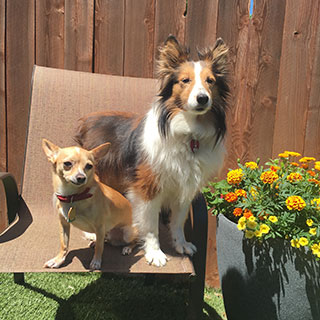 Animals: “I’m a tremendous animal lover, from dogs and cats to horses and reptiles. I’ve been known to stop a meeting (on Zoom) and ask about someone’s pet in the background.”
Animals: “I’m a tremendous animal lover, from dogs and cats to horses and reptiles. I’ve been known to stop a meeting (on Zoom) and ask about someone’s pet in the background.”
Early ambition: Medicine, but then she became fascinated with economics and realized “you can work with others to make things better. When people feel prosperous, everything and everyone start to rise together.”
Hobbies: Calligraphy, “doodling” with paint, and reading voraciously about cancer research
Favorite foods: Twenty years ago, Kraft macaroni and cheese, Coca-Cola, Taco Bell and McDonald’s French fries. Today, locally grown, fresh food … and home-baked mac and cheese as an occasional comfort food!
Athletics: Swimming, tennis, hiking … plus football, but only as a spectator sport!
How has the job changed you? “It really hasn’t changed me, but it has solidified a lot of things that I value—simplicity, nature, access to food in its natural state. It has afforded me the opportunity to learn about and visit communities I didn’t know.”
What should people know about rural Wisconsin? “That you couldn’t find better places to go. The pace is much different. The people are so incredibly kind and welcoming, across the board. You can drive for four hours and hit an interesting place. If people can get out, go visit these communities. See what’s there. Visit the shops, talk to the people, sample the restaurants. There’s so much to learn. Every community has that special thing that’s theirs. If we could all go and visit them and explore them, it would be fantastic.”

